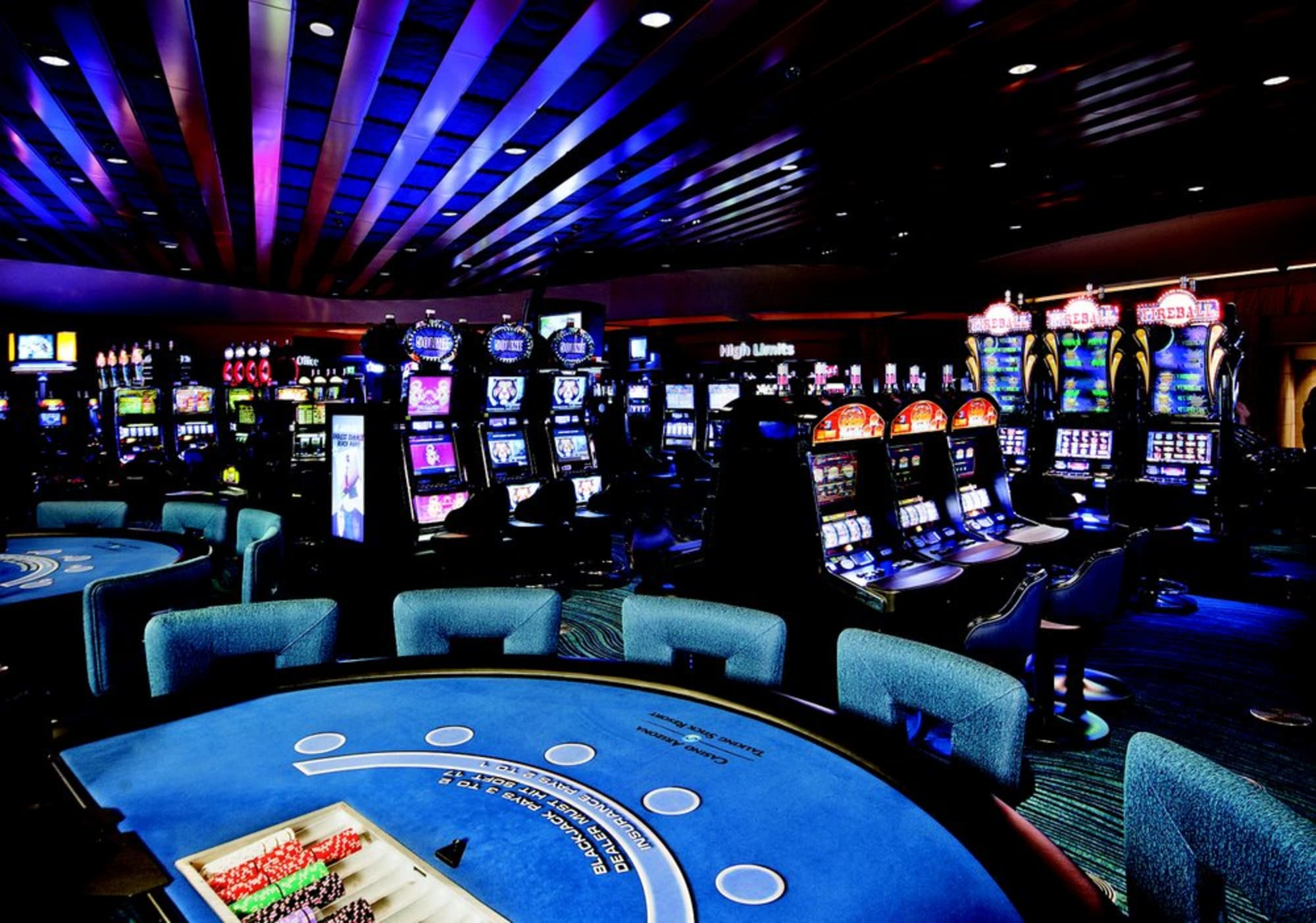Casino News: Latest Developments in Game Regulations

The realm of gambling games is constantly evolving, influenced by shifting laws, technological progress, and changing market demands. As governments and gaming commissions strive to create a secure and just space for gamblers, the framework of casino regulations is undergoing major modifications. Understanding these developments is important for both sides of operators and gamblers looking to navigate the exciting yet complex world of gambling. mksport
In recent times, numerous areas have proposed and enforced new policies designed to improving the protection of players while encouraging safe gambling. These changes not only affect the types of casino games offered but also how they are advertised and obtained. In this article, we will examine the most recent regulatory updates, their consequences for the industry, and that which players can look forward to as they engage with their preferred casino games.
Updated Regulatory Systems
Recent developments in gaming regulations are influencing the prospects of gambling entertainment across multiple regions. Regulators are realizing the need for a strong oversight framework that not solely shields customers but also ensures equitable play and accountable gaming. https://mksport.bid/ These guidelines are designed to tackle concerns such as online gambling, virtual currencies, and developments in the technological field, reflecting the changing landscape of the casino sector.
One significant change is the introduction of more stringent policies regarding clarity and consumer security. Casinos are now obligated to disclose transparent information on probabilities, winnings, and the potential risks involving betting. This shift aims to equip gamblers by making them take educated decisions while also helping to fight gaming issues through accountable gambling measures. Gaming providers are obligated to implement self-banning programs and offer support for players seeking support.
Additionally, novel regulations are being enforced to new technologies such as virtual reality and blockchain in gaming games. Authorities are establishing frameworks to ensure that these advancements maintain fairness and equity while also securing customer data. As the field evolves, oversight bodies are adapting to ensure that developments enhance the gambling environment while safeguarding both customers and entities.
Impact on Game Diversity
The latest developments in casino game policies have opened novel avenues for games, allowing for greater creativity and variety within the sector. As regulatory bodies refresh their criteria, developers are motivated to create original gameplay experiences that address a larger demographic. This has led to a diverse array of fresh titles, incorporating various topics, genres, and systems that were historically neglected or limited by stricter rules.
With a looser regulatory framework, casinos are now free to test different game formats, including games of skill and interactive experiences. This change has resulted in a rise in combined games that combine traditional casino elements with modern gaming styles, such as digital gaming and AR. By expanding the variety of games available, gambling establishments can draw in not only experienced gamblers but also casual players who may prefer less conventional options.
Moreover, the advancement of rules has highlighted clarity and fairness in gambling, which could build higher player confidence. As a consequence, consumers are more inclined to explore a wider variety of gaming experiences, knowing they are interacting with sites that adhere to updated guidelines. This growing confidence enhances engagement and can ultimately drive revenue growth as more broad selections cater to different tastes and audiences in the casino sphere.
Future Transitions in Regulation
As the gaming landscape changes, oversight bodies are increasingly focused on adopting tech-driven solutions to enhance transparency and justice. The integration of blockchain technology into gaming operations is anticipated to gain traction, allowing for increased oversight of operations and ensuring that activities remain just and secure. This transition could lead to a compliance framework that embraces these innovations, promoting confidence among gamblers and operators alike.
In addition to technological incorporation, there will likely be a greater emphasis on safe gaming methods within the oversight environment. Authorities are expected to implement more stringent measures to promote participant protection, including compulsory self-exclusion initiatives and effective age verification processes. This change aims to safeguard at-risk populations while ensuring that the experience of gaming activities is preserved for responsible gamblers.
Lastly, as online gaming continues to grow globally, standardization of regulations across different jurisdictions will become a urgent need. Countries may seek to work together more closely on unified standards for certification, operation, and taxation. This could lead to a more streamlined regulatory framework for international operators, fostering a wider acceptance of online gaming platforms while maintaining high levels of player protection and honesty in the gaming industry.
